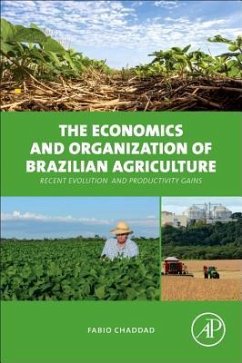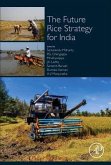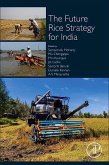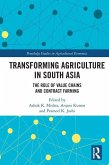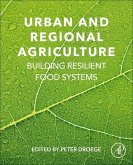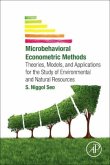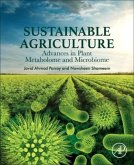The Economics and Organization of Brazilian Agriculture: Recent Evolution and Productivity Gains presents insights on Brazilian agriculture and its impressive gains in productivity and international competitiveness, also providing insightful examples for global policymakers.
In Brazil, as in many countries, many economists and policymakers believe that agriculture is a traditional, low-tech sector that crowds out the development of other economic sectors and the country. This book shows that this anti-agriculture bias is ill-informed, and with population growth, rising incomes, urbanization and diet changes - especially in developing countries like China and India - on the rise, the demand for food is expected to double in the next 40 years.
Brazil has the natural resources, technology and management systems in place to benefit from this expected growth in food consumption and trade. Through real-world examples, the book shows how other low-latitude countries with tropical climate and soils like Brazil - especially in sub-Saharan Africa - can benefit from the agricultural technology, production, and management systems developed in Brazil. Case studies in each of three key categories, including technology, resource management, and effective government programs provide valuable insights into effective decision-making to maximize the effect of each.
In Brazil, as in many countries, many economists and policymakers believe that agriculture is a traditional, low-tech sector that crowds out the development of other economic sectors and the country. This book shows that this anti-agriculture bias is ill-informed, and with population growth, rising incomes, urbanization and diet changes - especially in developing countries like China and India - on the rise, the demand for food is expected to double in the next 40 years.
Brazil has the natural resources, technology and management systems in place to benefit from this expected growth in food consumption and trade. Through real-world examples, the book shows how other low-latitude countries with tropical climate and soils like Brazil - especially in sub-Saharan Africa - can benefit from the agricultural technology, production, and management systems developed in Brazil. Case studies in each of three key categories, including technology, resource management, and effective government programs provide valuable insights into effective decision-making to maximize the effect of each.

